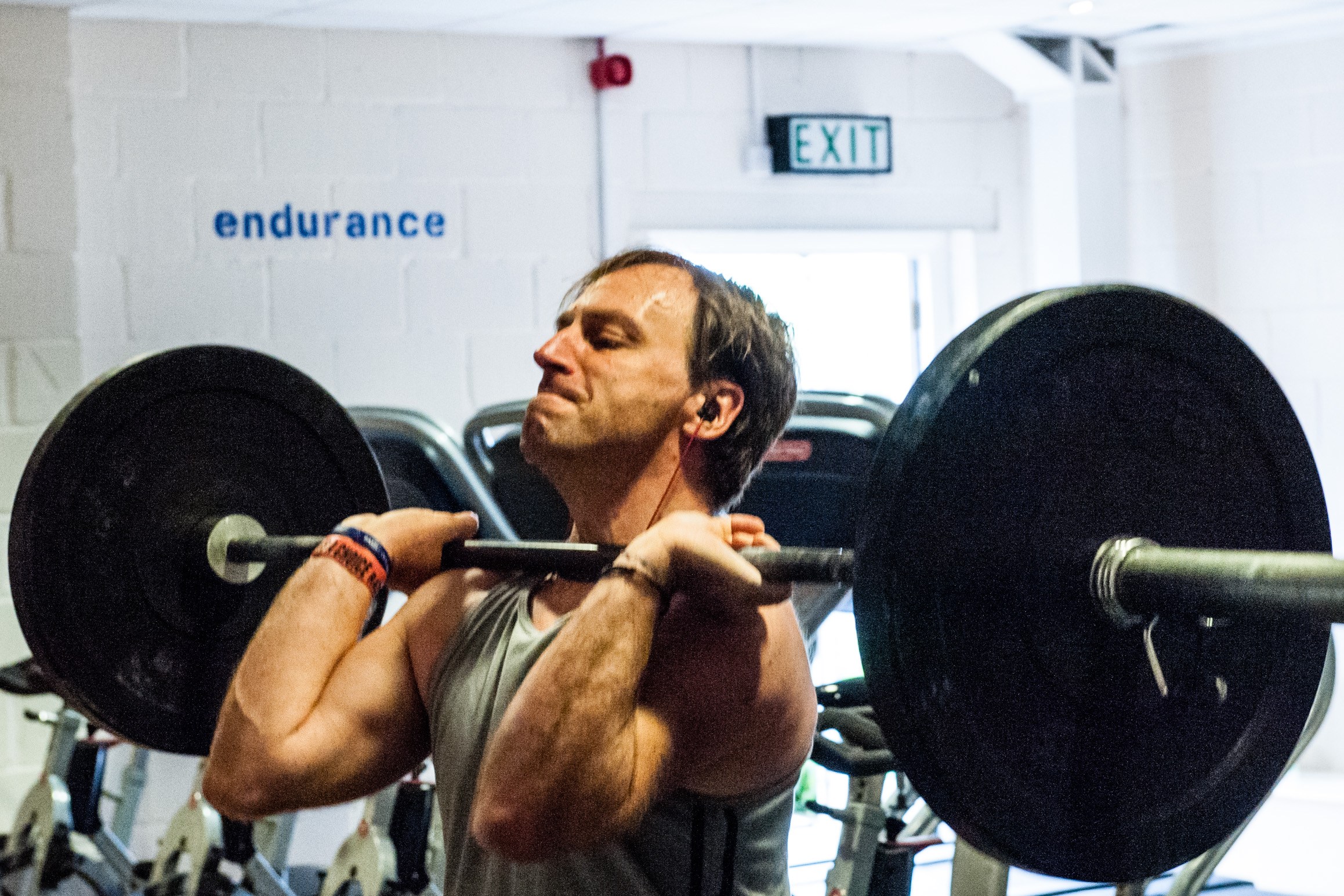
The grocery store checkout seems specifically designed to make you hate yourself. So many magazines on the shelves, so much focus on fixing our flaws.
If you’re female, you’re too fat, and for the fellas, we’re not nearly buff enough. Have you noticed that for men it’s about adding, and for women subtracting?
Magazines targeted at women want them to “lose” or “trim” or “tighten,” whereas for the men’s magazines it’s “adding inches” or “bulking” or “building.” Even when it comes to weight loss, males are sold on how to “get” ripped abs. Interesting side note: this bigger vs. smaller mentality also applies to genitalia. Men are marketed to being bigger, and for women it’s is all about trimming away “excess” in even the most intimate areas. Geez.
The weight loss claims are all in the realm of science fiction, promising more than a pound of fat lost per day, often adorned with a celebrity doctor’s visage to lend credence to a proclamation that defies the first law of thermodynamics (unless you weigh more than a NFL lineman and are chained to a treadmill while fed only small amounts of broccoli and boiled chicken breasts). By comparison, your perfectly reasonable dropping of one pound per week makes you a total failure.
Then you compare yourself to the Photoshopped actors and feel even worse, until you see the “celebrity body disasters” issue of a gossip rag. In it you’ll see paparazzi-snapped photos of a “Sunken stomach!” and “Man Boobs!” and “Skin disease!” as well as a “Freaky facelift!” and a “Belly nightmare!”
It’s worth noting that those “worst beach body” issues now include male celebrities too. Yes, men are starting to get their fair share of fat shaming. No longer can our culture’s leading entertainers put on a few extra pounds over the top of their board shorts and escape the media’s cruel “beach body” eye. Chris Brown was recently called out by TMZ for his post-prison belly, and the gossip site also called out celebrities like Jack Nicholson and Simon Cowell for their “man boobs.”
Disgusted, you turn away … and are faced with row upon row of chocolate bars and potato chips. You just can’t win.
But it’s not just the tabloids at your local market. The Internet wants to make you feel bad about the way you look as well, often so they can sell you a solution. Surely you’ve seen the poorly drawn cartoon ad of the woman grabbing her belly fat in disgust, and don’t forget the guy selling a “shortcut” to seeing your abs who shames you for being “weak and puny.” The solution usually involves “one weird trick,” and that trick is recurring charges to your credit card.
Turn on the TV and you’ll see fitness star Jillian Michaels berate obese participants on the train wreck game show The Biggest Loser. And instead of being vilified for her fat shaming, she nets fame and riches, earning the moniker “America’s Toughest Trainer” while promoting bias against the overweight.
But maybe those fatties just need a bit of shaming to get off their expanding butt cheeks to get in shape? After all, don’t we live in a nation where more than half the population is obese or unhealthily heavy?
Uh, no. In reality, facing stigma over one’s weight actually increases stress and is detrimental to mental health. What’s more, discriminating against people for being obese doesn’t lead to weight loss, but the opposite: it causes them to gain weight.
And it’s not just fat that’s shamed. Now people are targeted for being “too thin,” and some say bodybuilders “look gross” and “must be on steroids.” Perhaps they are chemically enhanced, but why all the hate?
Hate sells. It’s the marketing strategy of “You are broken, but I can fix you. Buy my product.” In order to get you to fork over mega bucks for some miracle weight loss aid, wrinkle remover, muscle maximizer or genitalia grower, marketers must first make you feel bad enough about yourself that you’ll reach for that credit card to solve a problem you didn’t know you had.
A desire for self-improvement is admirable, but be careful where you look for it, whether you’re male or female. And don’t start from a place of self-loathing and celebrity envy; start from one of aspiration. You can aspire to be your own version of awesome, without having to listen to any advertiser whose shtick is all about heaping criticism.
James Fell is a syndicated fitness columnist for the Chicago Tribune and Los Angeles Times. He blogs at www.SixPackAbs.com. You can follow him @BodyForWife.
More Must-Reads From TIME
- The 100 Most Influential People of 2024
- Coco Gauff Is Playing for Herself Now
- Scenes From Pro-Palestinian Encampments Across U.S. Universities
- 6 Compliments That Land Every Time
- If You're Dating Right Now , You're Brave: Column
- The AI That Could Heal a Divided Internet
- Fallout Is a Brilliant Model for the Future of Video Game Adaptations
- Want Weekly Recs on What to Watch, Read, and More? Sign Up for Worth Your Time
Contact us at letters@time.com